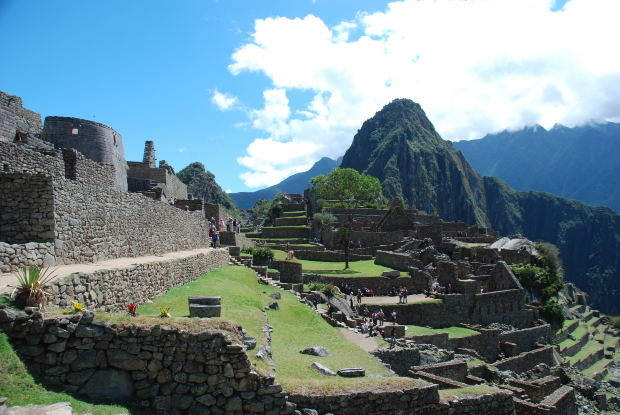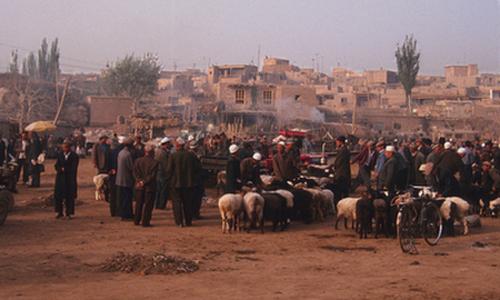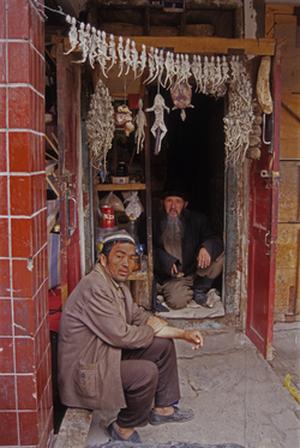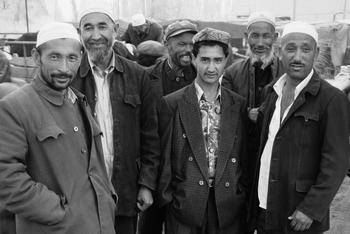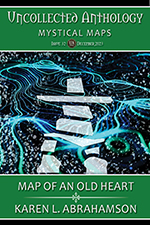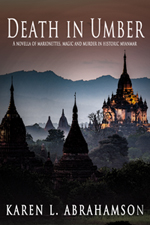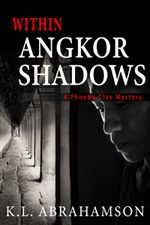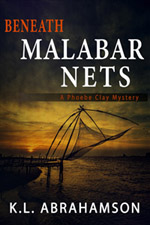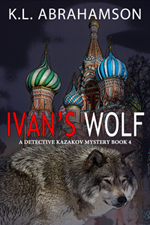For the Writer – Travel Light
I remember the time in China that I had sprained both my ankles: one sprained bracing myself on a horrific twelve hour train ride to Xi’an on the May 5th weekend, (For those of you who don’t know, the May 5th weekend is like July first and the entire Chinese population gets on trains, buses, planes and, for all I know, mules—and moves. ) and the second one sprained carrying a heavy pack on Xi’an’s uneven sidewalks. And then there was the time I was suffering from the early stages of pneumonia (unbeknownst to me) and had to carry a pack and camera equipment uphill from the train station to the Northern India, hill station town of Shimla. Both of these little episodes bring home one of the key lessons I have for travel.

Travel light. Which means you don’t take five suitcases on a cruise. Heck, you don’t take five suitcases anywhere! But travel light speaks to more than just baggage.
Travelling light means:
1. Travel alone or with only another person. Traveling in groups brings your culture with you and means you will be less likely to focus outside and away from your home culture. Some of the worst moments I’ve had while travelling have been sitting in the middle of the African veldt and having to listen to hard rock music courtesy of a group of campers who were so into their own world they couldn’t take the time to partake in the world they were in. At the same time, in most locations the fact that you are part of a group is likely to discourage local people from talking to you.
Traveling alone forces you to become a part of your surroundings to survive. You are forced to learn the language – or to stumble along without it. You are forced to seek local people for human companionship. If you settle in for a few days, this allows you and the people around you get used to each other. You know what I mean – it’s when you can actually start to make eye contact and people smile in recognition and it gives you the opportunity to really observe people and your surroundings.
2. Travel light also means keeping luggage to a minimum. Being keen on photography makes this a bit of a problem for me, because along with my personal effects, I also carry a fairly extensive camera bag. Praise for the digital age when I just have to carry memory cards and a digital storage device instead of fifty to a hundred rolls of film.
But traveling only with what you can comfortably carry yourself means that you can travel into unusual settings and more remote locations. It also means that you are not dependent upon traveling to resorts. So what do I travel with? Well my list is pretty basic:
• 3-4 pair of underwear
• 2-4 pairs of socks (depending on climate traveled to)
• 2 pair quick-drying trousers (one you wear, the other you pack)
• 2 t-shirts (one you wear, the other you pack)
• 1 long-sleeved shirt (and possibly 1 ‘nice’ shirt in case you want to splash out for an evening)
• 1 sweater or fleece
• 1 light wind and rain proof jacket
• First Aid kit
• Sewing kit
• Any medications/vitamins/toiletries etc. you think you might need (e.g. urinary tract infection mediation, dysentery medication, and don’t forget the moleskin for those pesky blisters on the feet.)
• Good quality walking sandals (Merrell, Teva) and/or hiking boots depending on the climate traveled to.
• Flashlight
• Pocket knife
• Book or two to read (or an e-reader)
• Note book or two with enough capacity to cover all the journaling you do during the trip – don’t underestimate – I’ve filled ten pages a day on a lot of trips. (or an e-notebook, but remember you often don’t have electricity) This is critical for writing about a place when I come back.
• Writing implements.
And of course camera equipment – always with more batteries and memory cards or film (if you still use it) than you think you’ll need.

This is my packing list, and it may seem small to some of you. Actually it’s fairly extensive when I think of an artist friend of mine who took only a shoulder bag of personal supplies and a pocket sized sketching and water color paint kit. That lasted her three months. Believe me, it isn’t fun to lug around a lot of extra junk when you are hiking up a mountain. Take too much and you end up discarding the extras as you go.
Because carrying extra weight up hill both ways is never fun. Not with sprained ankles and not with pneumonia. Besides, taking too much with you means you have no room to bring the memories back home.

